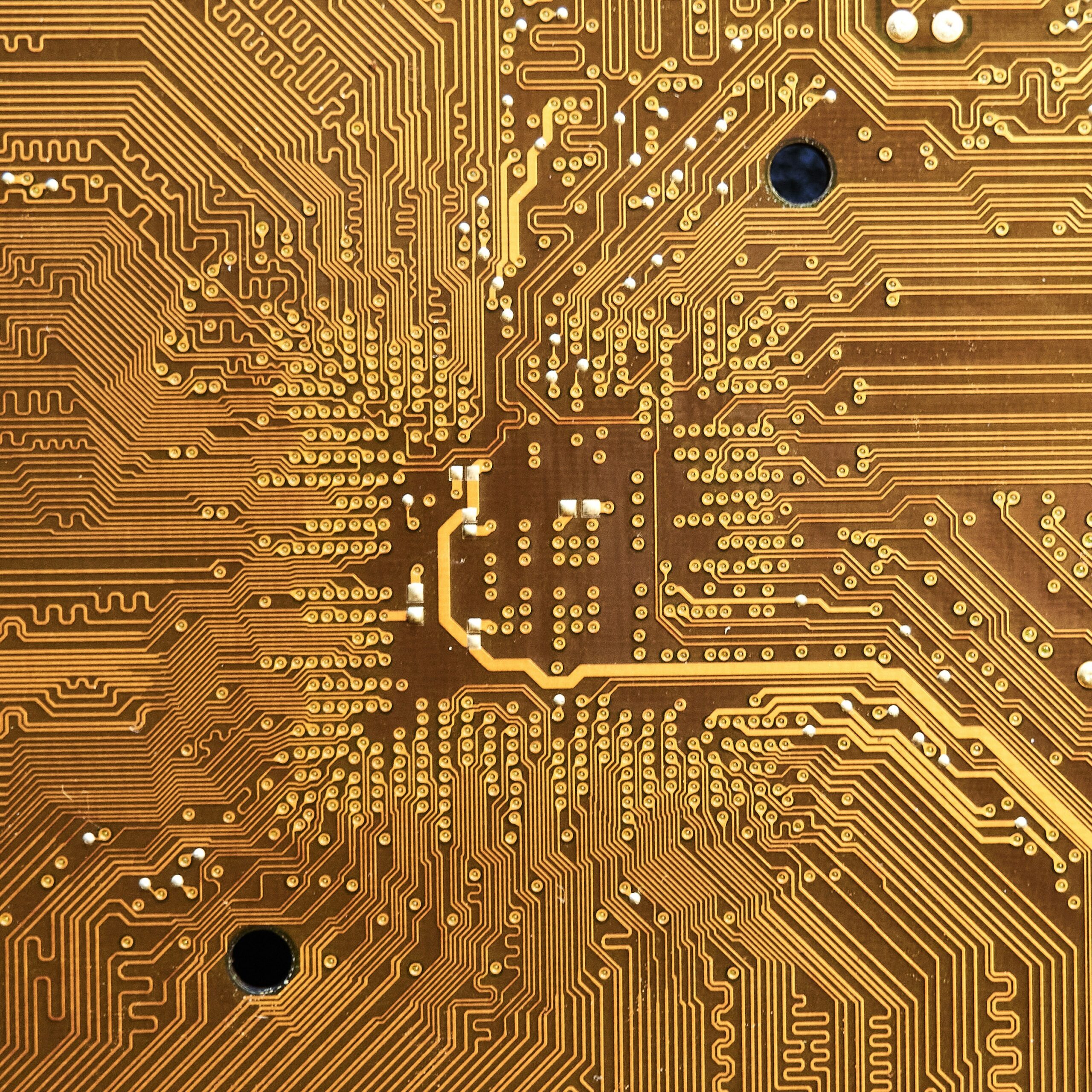Imagine a computer that can process every thought you’ve ever had within a second or run hundreds of octillions of computations within a second. That’s 10 followed by 27 zeros, within a second! This is a quantum computer.
Quantum computers are the next big thing in the current tech era. They have the potential to unlock all the secrets of the universe, enabling us to build things we never thought possible. But what is quantum computing?
Quantum computing is a type of computation that uses the principles of quantum mechanics. When we start looking at tiny particles – like information for computers – they stop following the classical laws of physics. Quantum mechanics explains the behaviour of atoms and electrons, and we can exploit the unique physics of these particles to create much more powerful computers than we have ever imagined. For the past 10,000 years, the evolution of computers has been exponential. The first type of computers were the human brain and abacus, leading to this day with the latest supercomputer which can process 1.7 quintillion computations in a second!
Each year transistors (on/off gates for computers) are nearing the theoretical limit when it comes to the size of their gates. Unfortunately, we cannot manufacture any transistors smaller than 5 nanometres wide. This is because silicon can no longer control the flow of electrons at this scale. Engineers usually try to reduce the size of transistors to make computers more compact and to fit more transistors. When transistors approach the size of atoms, they don’t work anymore – information can ‘jump’ over their barriers due to superposition. To overcome this, engineers and scientists came up with a brilliant plan: to use the special properties of quantum mechanics to create ‘Quantum Computers’, these weird phenomena are governed by quantum mechanics. Quantum mechanics is driven by four key principles: superposition, entanglement, and decoherence. These principles are exploited to make a quantum computer.
Superposition is when quantum information can exist in multiple states, while entanglement is when multiple quantum particles are linked together even if they are physically separated. As you may know, in traditional computers, they use bits (0s and 1s) but in the theorised quantum computers they will use qubits. A type of bit which can exist in a value between 0 and 1. If we change the state of one qubit, it will affect the state of another qubit connect to it regardless of their distance. For example, if there are 2 qubits, it can store and process 4 pieces of information at once and 3 qubits can process 8 pieces of information, and 4 qubits can compute with sixteen, and so on. This gives them a superpower and that gives us an advantage. However, with everything comes challenges. To this day billions have been spent on quantum computer research, yet no fully functioning computers so far. The main obstacle we face is the extreme sensitivity, even a dust particle could destroy the entire computer. This is simply because they require a lot of material and even a dust particle can ruin the whole thing. Quantum computers are required to be in a near absolute zero environment which is -273°C, for this they need to be constantly stable; even a slight fluctuation can destroy the entire computer. Another challenge is that quantum mechanics is a field that we know very little about and it is still developing. As qubits can be in multiple states, when we observe them, they collapse back to one of the many states they were in, creating a higher probability of error than any normal computers.
If we can overcome these problems and the cost of making them, we could head to another generation of technology. The first full working quantum computers should be ready in 2029. Companies such as IBM, Microsoft, Google, MasterCard are all in a race to make the first quantum computer to have the upper hand in the market.
The problem that we face with the new era of quantum computing is cryptology. With traditional computers, we have a lot of knowledge in cybersecurity. Since we do not know a lot about quantum cryptology, we may be facing the biggest problem in the history of security. Quantum computers can hack into any firewall, mainframe or system in the world with little to no effort. We could have a “security pandemic” with people on the dark web having all control over all data. This could cause the next cyber war. But we’ll probably be fine.
In Ireland, quantum computing is an emerging field that is making remarkable advancements in Ireland. It is predicted that we will be a competitive hub for quantum technologies by 2030. We host several research centres dedicated to quantum technologies. Our very own Trinity College Dublin is home to the biggest college research centre for Quantum Engineering and Science.
Ireland is heavily investing in quantum research. With the growing number of multinational tech companies in Ireland. Companies such as IBM and Mastercard are among the €11.1 million Quantum Computing in Ireland initiative, this is part of the EuroQCI project to get a Europe-wide quantum computer infrastructure. It focuses on developing a software program integrating the various quantum bit technologies. The Irish Centre for High-End Computing (ICHEC) has launched the Quantum Computing initiative to advance quantum computing platforms and programming.
Overall, quantum computing is a rapidly growing field, but it may take years to actually create an efficient quantum computer, and even more years for them to become personal computers, on sale in the market. For now, let’s cherish our i5 core HP laptops that lag and crash everyday for a little longer.







